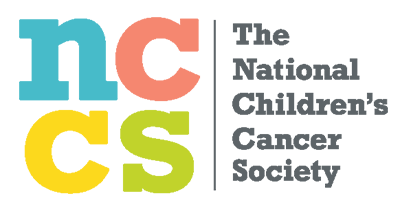Childhood cancer treatments may have side effects that affect memory, learning, focus, attention, processing or organization. If a child or teen begins to struggle in school, there are two special education resources that can help. Federal law provides for support and services through Individualized Education Programs (IEP) and 504 plans. The goal of both is to help students with challenges learn better.
An IEP helps ensure that a child experiencing school challenges can receive specialized instruction and related services. Examples of those services that could be beneficial are:
- Tutoring
- Counseling
- Occupational therapy, physical therapy, and speech/ language/ hearing support
- Psychological services
- Social work services
- Transportation services
A 504 plan deals specifically with how a child will be learning within the school. It is given to students who participate in a general education classroom, but still need accommodations. Examples of common 504 plan support include:
- Seating at the front of the classroom
- Locker located near classrooms
- Second set of textbooks for home
- Copies of teacher’s notes
- Extended time on tests, classroom assignments, and homework
- Shortened or modified assignments
- Permission to wear a hat at school
- Rest breaks
Celeste, mother of 11-year-old Isabella shared, “The IEP helped Isabella in that they would adjust her assignments to her needs. What I would recommend to any family is to make sure to communicate with the instructors helping. Let them know how the treatment is going and how your child is doing and coping and keep them in the loop so they can make any adjustments to the plan that is needed. They can make changes whenever necessary.”

Whether a student is in a hospital homebound program, an online or virtual program or returning to in-person learning, working with the school and hospital team to make school as successful as possible for your student is the goal.
A state-by-state list of special education resources can be found here.
Additional information can be found in our free parent guide, “The Other Side of the Mountain: A parent’s guide to surviving childhood cancer.”

